
The Fundamentals of Sports Nutrition: How to Use Intuition to Improve Fueling
Data has its benefits, but only when we learn to apply an intuitive approach to our fueling can we unlock the most efficient and healthy sports nutrition habits.

Data has its benefits, but only when we learn to apply an intuitive approach to our fueling can we unlock the most efficient and healthy sports nutrition habits.
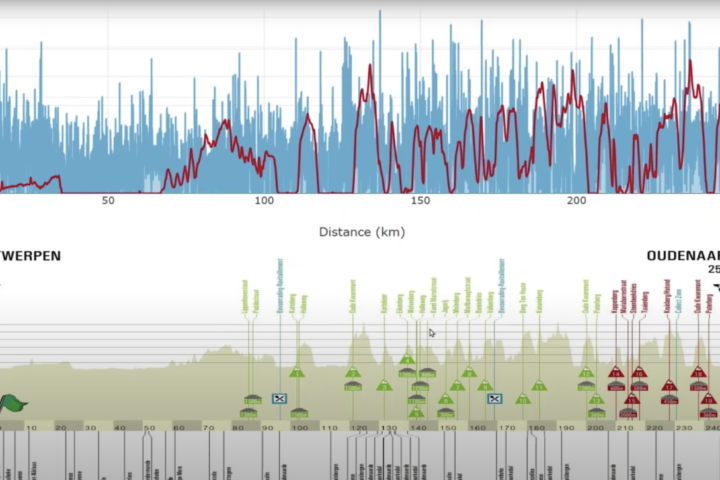
Crunching numbers is one thing, but if you want to turn data into victory, here are a few key things you should do and a few things to avoid.

HIT has many proven benefits and several big limitations. Trevor Connor explores how HIT works, its effects, and the most effective high-intensity interval workouts you can choose for specific gains.

What to do when you find yourself caught up in other athletes seeming tougher, happier, and more badass than you on social media.

It’s natural and at times beneficial to compare yourself to others, but social media can exacerbate the negative aspects that come with too many comparison games.

This comprehensive guide includes tips and conversation starters to help coaches walk their athletes through this digital Wild West.

Learn the importance of working on your body first to effect change in your brain and mind.

Measured doses of discomfort can yield improvements to self-awareness, motivation, and resilience.

You know your workout is supposed to be easy, but you just can’t help dropping the hammer sometimes. A leading neuroscientist lifts the lid on what’s going on in your brain when this happens—and what you can do about it.

Encouraging your athletes to build self-awareness can bring a myriad of benefits, some more obvious than others.
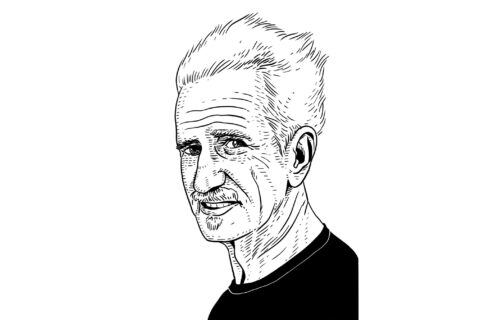
A rigorous, holistic approach to mental and physical training steeped in high-intensity sessions and hill running at a beachfront property would likely appeal to today’s athlete. This Australian running coach was ahead of his time.

Much to the surprise of some coaches, mental performance expert Jeff Troesch argues that you can have commitment from your athletes without trust. He explains how—and why—this is important.
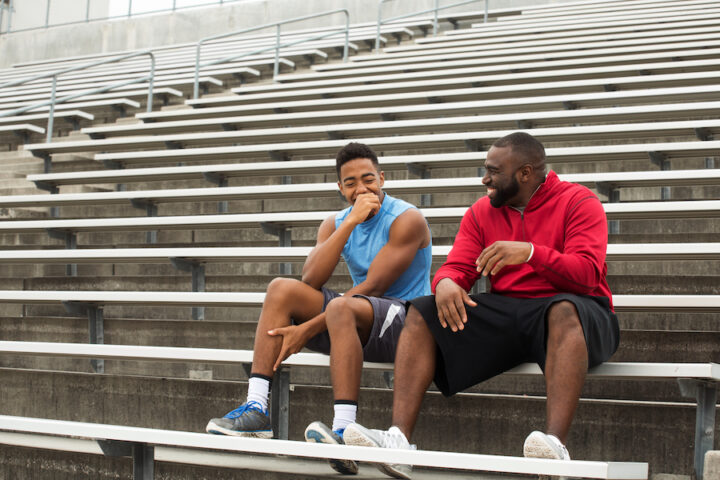
The degree to which you cultivate a positive coach-athlete relationship will enhance your athletes’ race performances—and help you retain them as clients.
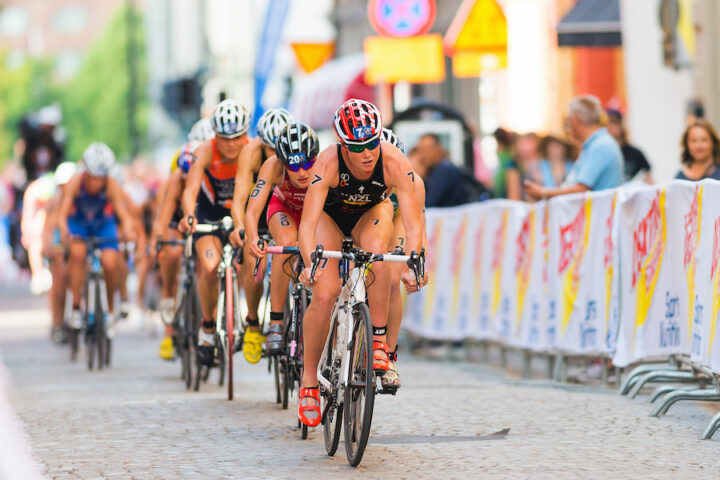
Coach Rob Griffiths describes the method he used to help an athlete shift her passion and motivation to make positive changes and avoid burnout.

Motivation is key to the performance psychology puzzle, dependent on fundamental human needs. If those needs are not met, an athlete’s passion for sport and their self-esteem can suffer.
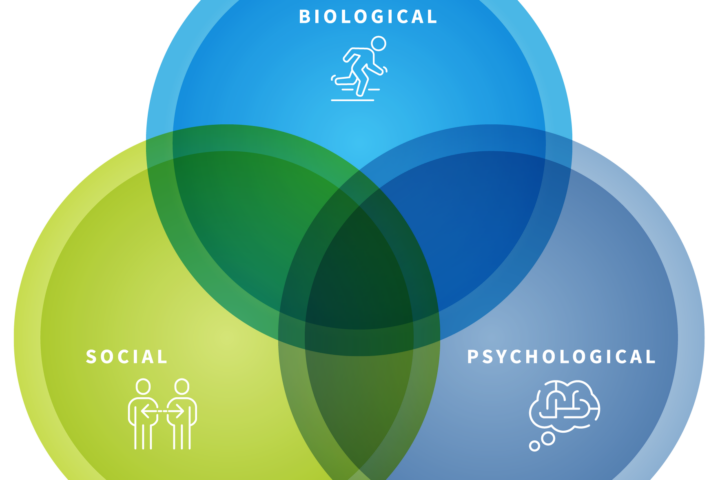
Coaches include some components of psychological and social development in an athlete’s preparation. But do you know why and how it works?
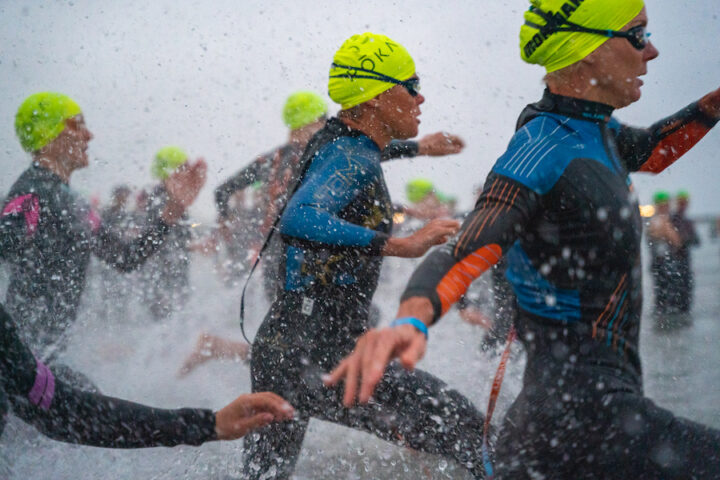
We are products of our social, mental, and biological processes, but what does this mean for coaches and athletes? Andy Kirkland explains how to adjust training for better results.

Sport psychology is proving to be just as important—if not more so—than physiology, but how do you incorporate it into your coaching for the benefit of you and your athletes?

Polarized training is most successful when your body is ready for high-intensity sessions. Understanding how your autonomic nervous system works can help you time it right.
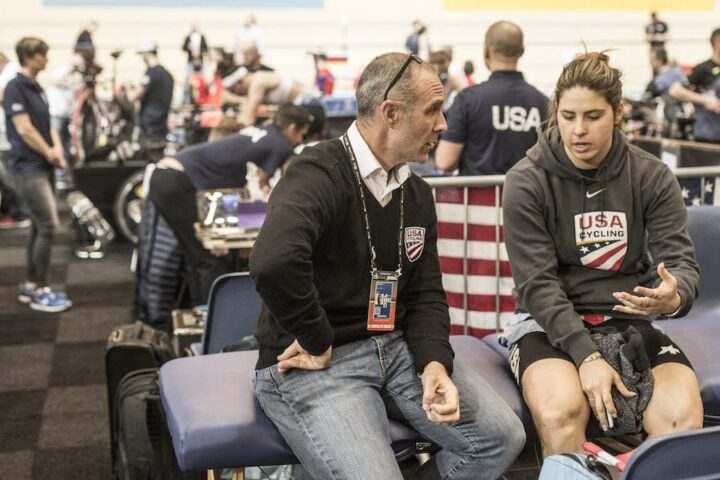
As a coach, you are in a privileged position to have a great impact on your athlete’s development. Learn how to use this wisely.

Joe Friel addresses the problems that athletes most commonly face en route to their goals: training plateaus, inconsistent training or lack of motivation, inadequate sleep, and prioritizing performance at the expense of health.